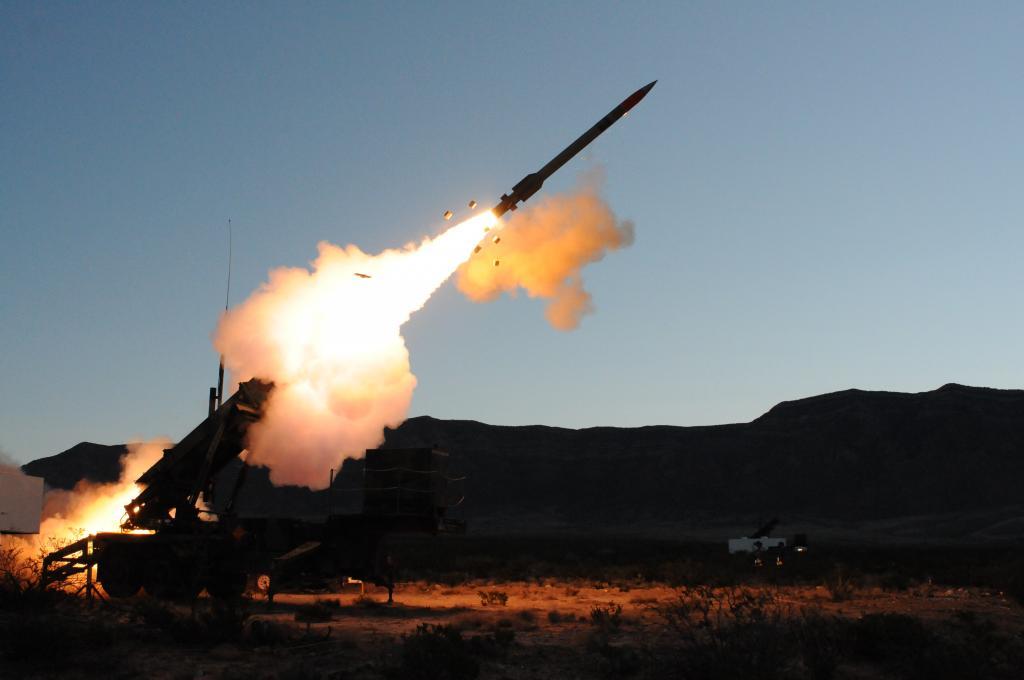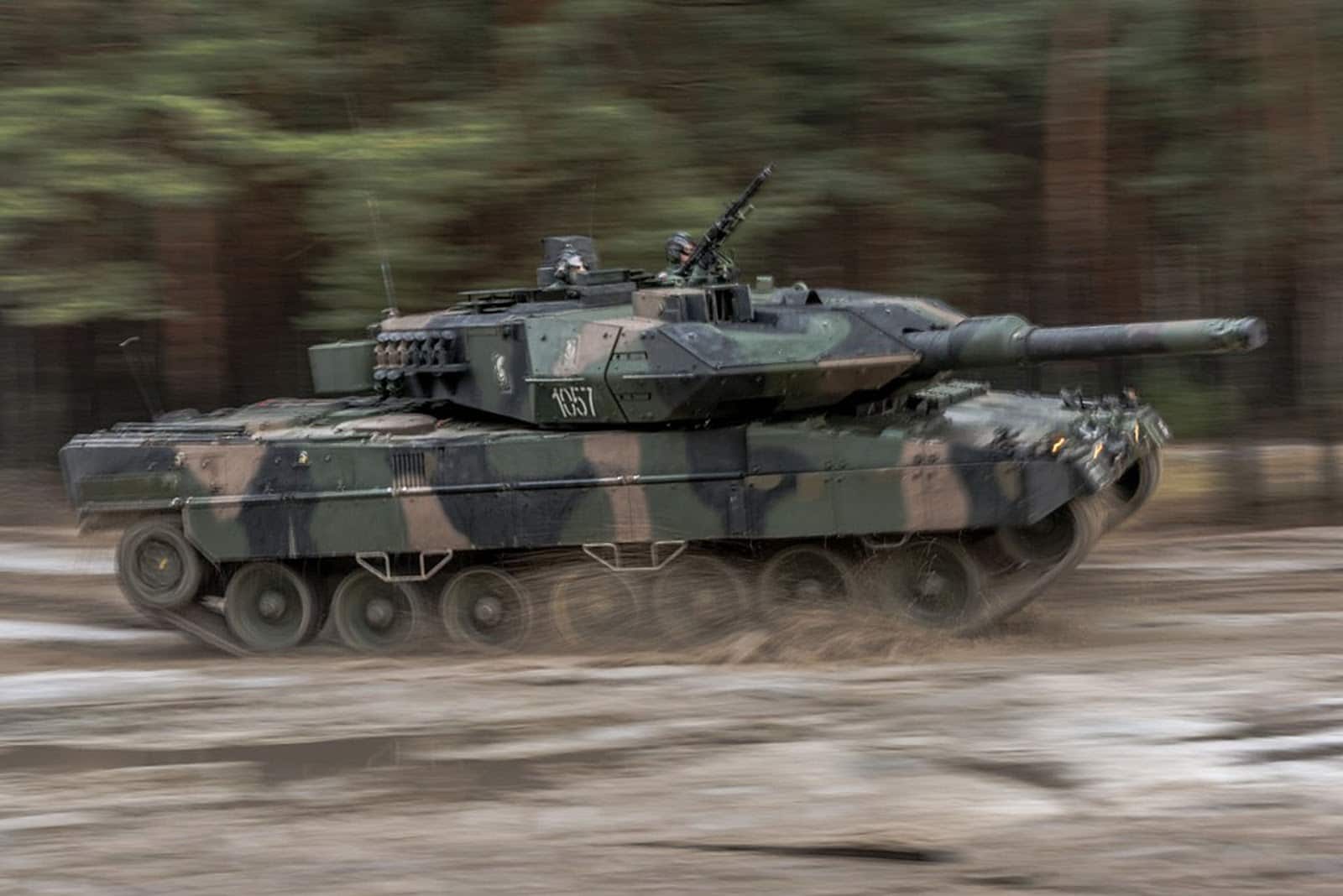U.S. Defense Secretary Jim Mattis has criticized what he called a “destabilizing” Russian military build-up near the Baltic states, as officials said the United States was considering deploying Patriot missiles in the region for military drills later this year.
Mattis was speaking on May 10 at a joint press conference with Lithuanian President Dalia Grybauskaite in Vilnius.
Last year, Russia moved Iskander missiles with the potential to carry nuclear warheads to Kaliningrad, its exclave on the Baltic Sea between NATO members Lithuania and Poland. Moscow said the deployment was part of routine drills, but Western military officials worry that it may become permanent.
Asked about the missile deployment, Mattis said: “Any buildup of Russian combat power in an area where they know, and we all know, they are not threatened by anything that we are doing in Lithuania or elsewhere in the democratic countries — any kind of buildup like that is simply destabilizing.”
Meanwhile, U.S. defense officials were cited by Western news agencies as raising the possibility that a Patriot missile battery could be deployed to the Baltic region during NATO exercises this summer. The drills, named Tobruk Legacy, focus on air defense.
The Patriot is a mobile air-defense system designed to intercept aircraft, cruise missiles, and tactical ballistic missiles.
The officials, speaking on condition of anonymity, insisted that the missiles would likely be withdrawn when massive military exercises by Russia and Belarus kick off in September.
The Zapad (West) exercises could reportedly involve up to 100,000 troops and see Russia showcase new hardware.
In Vilnius, Mattis declined to comment directly on the possible Patriot deployment, saying, “The specific systems that we bring are those that we determine necessary.”
NATO capabilities in the region are purely defensive, he insisted.
Grybauskaite said, “We need all necessary means for defense and for deterrence, and that’s what we’ll decide together.”
Mattis’s first trip to the Baltic region as defense secretary comes as relations between the West and Russia have sunk to lows unseen since the Cold War amid rancor over Moscow’s seizure of Ukraine’s Crimean Peninsula in 2014, its backing of separatists in eastern Ukraine, and other issues.











